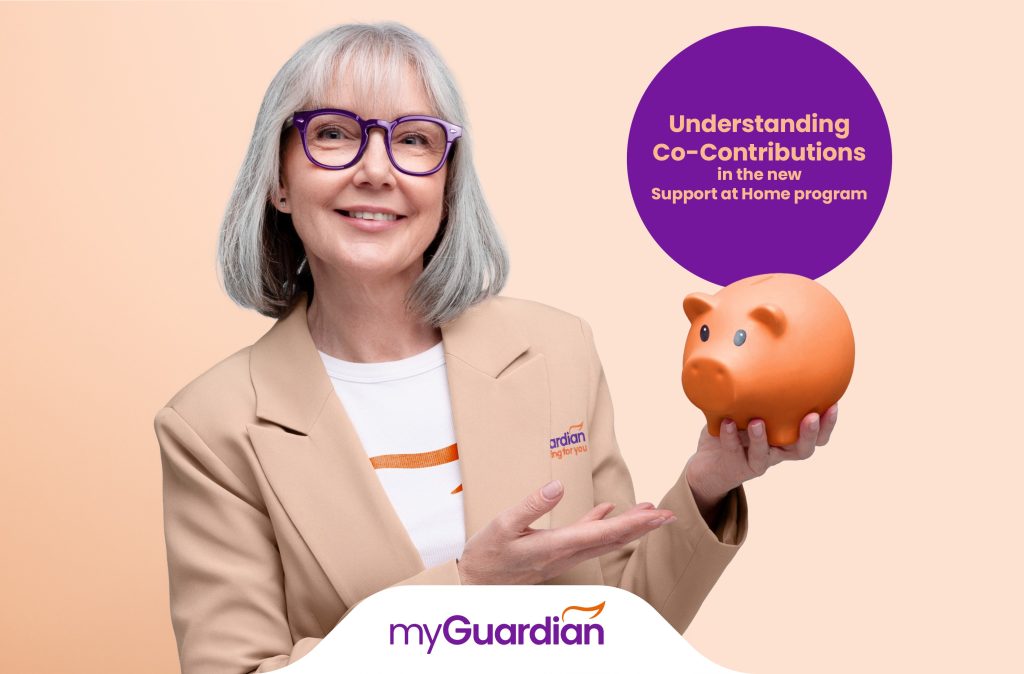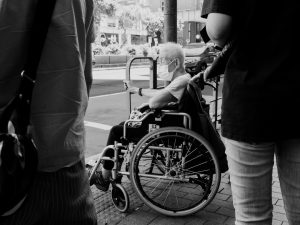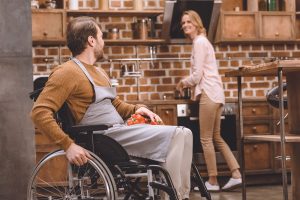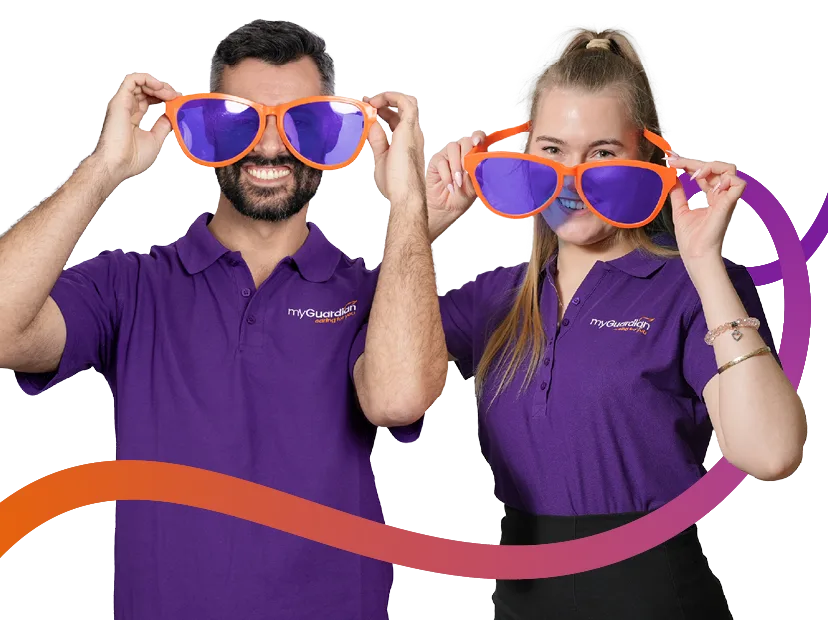Understanding Co-Contributions in the New Support at Home Program
With the new Support at Home program launching in November 2025, many older Australians and their families are wondering what it means for their aged care services, especially when it comes to costs and co-contributions.
At My Guardian, we know that transparency is key. That’s why we’ve broken it down simply and clearly, so you can feel confident and informed as you navigate the upcoming changes in the aged care system.
Let’s explore what co-contributions are, who they apply to, and how this new system supports a fairer and more flexible way to fund your home care services.
What Is a Co-Contribution?
A co-contribution is the portion of aged care costs that you, as a participant, may be asked to pay depending on your financial situation and the type of service you receive.
Under the Support at Home program, the government will continue to pay the majority of the cost, but people who can afford to contribute more may be asked to do so. This helps ensure a sustainable and fair system for all.
The good news? Not everyone will have to pay, and clinical care will remain completely free.
How Will Co-Contributions Work?
From November 2025, Support at Home will introduce a clearer and more tailored system of co-contributions:
You’ll only pay for:
- Services you actually receive
- Based on the type of service
- And your financial means
The new model replaces the confusing “basic daily fee” and income-tested care fees under the current Home Care Package system.
Contribution Rates Based on Service Type
The type of service you receive will influence the co-contribution amount:
|
Service Category |
Contribution |
|
Clinical supports |
0% — fully government-funded |
|
Independence supports (e.g. personal care, mobility aids) |
5%–50% depending on your means |
|
Everyday living supports (e.g. cleaning, gardening) |
17.5%–80% depending on your means |
Example: If you’re a full pensioner receiving help with showering (independence support), you may pay just 5%. But if you’re a self-funded retiree getting housework help (everyday living), your rate could be higher.
Contribution Rates Based on Income
|
Participant Type |
Your Co-Contribution |
|
Full pensioners |
0% for clinical, 5% for independence, 17.5% for everyday living |
|
Part pensioners & CSHC holders |
Between 5%–50% (means-tested) |
|
Self-funded retirees (no CSHC) |
Up to 80% for some services |
This system is designed to be fair. Those who can afford to pay a little more will contribute more, while those on lower incomes will continue to get the support they need without financial stress.
What Stays the Same (or Gets Better)?
- No fees for clinical services like nursing and allied health
- You’ll only pay for services you actually use
- Support for pensioners remains strong, with many paying little or no fees
- Lifetime cap of $130,000 once reached, you won’t pay further individual contributions
- Hardship protections are still in place
- Existing clients under Home Care Packages will not be worse off
If you’re already receiving care or on the waitlist, your current contribution rate is protected under the “no worse off” policy.
What Can You Do Now?
If you’re planning for aged care or helping a loved one navigate the system, here are a few steps to stay ahead:
- Get a clear understanding of your current income and assets
- Apply for a My Aged Care assessment if you haven’t already
- Work with a trusted provider like My Guardian, who can help guide you through the changes
- Book a consultation to understand what services you’ll need and what your likely contribution will be
My Guardian Makes It Simple
We believe everyone deserves compassionate, high-quality care, no matter their budget. That’s why we’ll help you:
- Understand your contribution level
- Maximise your government-funded support
- Choose services that match your goals and means
- Transition smoothly to the Support at Home program in 2025
Need Help Understanding Your Co-Contributions?
Don’t hesitate to reach out for more information, we’re just a phone call away at 02 9336 7555, or you can get in touch here.









